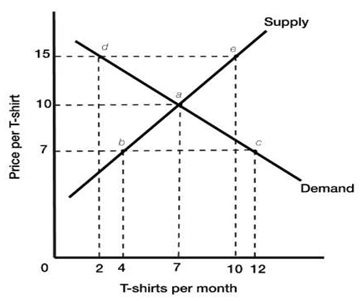Problem 1:
Bath Groom
0 6
7 5
13 4
18 3
22 2
25 1
27 0
Kaitlyn and Larissa have formed a dog bathing and grooming business. The number of dogs they can bathe or groom in any given day is depicted in table. As they groom more dogs, the opportunity cost of grooming additional dogs _______
A) rises. B) falls.C) remains constant. D) depends on the prices being charged
Problem 2:
Hair Pins/Hour Bandanas/Hour
Nigel 4 10
Mia 9 3
Consider two individuals, Nigel and Mia, who produce hair pins and bandanas. Nigel's and Mia's hourly productivity are shown in Table. Which of the following is true? ______
A) Nigel has an absolute advantage in producing bandanas but not hair pins.
B) Nigel has an absolute advantage in producing hair pins but not bandanas.
C) Nigel has an absolute advantage in producing both goods.
D) Nigel does not have an absolute advantage in producing either good
Problem 3:
Kites/hour Snowboard/hour
Jesse 8 1
April 12 3
Consider two individuals, Jesse and April, who hand paint kites and snowboards. Table 3.2 shows how much of eachgood Jesse and April can paint in one hour. Which of the following is true? ______
A) Jesse has an absolute advantage in painting snowboards but not kites.
B) Jesse has an absolute advantage in painting kites but not snowboards.
C) Jesse has an absolute advantage in painting both goods.
D) Jesse has an absolute advantage in painting neither good
Problem 4: Consider two individuals, Jesse and April, who hand paint kites and snowboards. Table 3.2 shows how much of eachgood Jesse and April can paint in one hour. Which of the following is true?
A) April has neither an absolute nor comparative advantage in painting kites.
B) April has both an absolute and comparative advantage in painting snowboards.
C) April has both an absolute and comparative advantage in painting kites.
D) April has neither an absolute nor a comparative advantage in painting snowboards
Problem 5:

Figure illustrates the supply and demand for t-shirts. If the actual price of t-shirts is $10, we would expect that ______
A) supply will increase until quantity demanded equals quantity supplied.
B) price will increase until quantity demanded equals quantity supplied.
C) demand will decrease until quantity demanded equals quantity supplied.
D) there will be no change since the market is in equilibrium